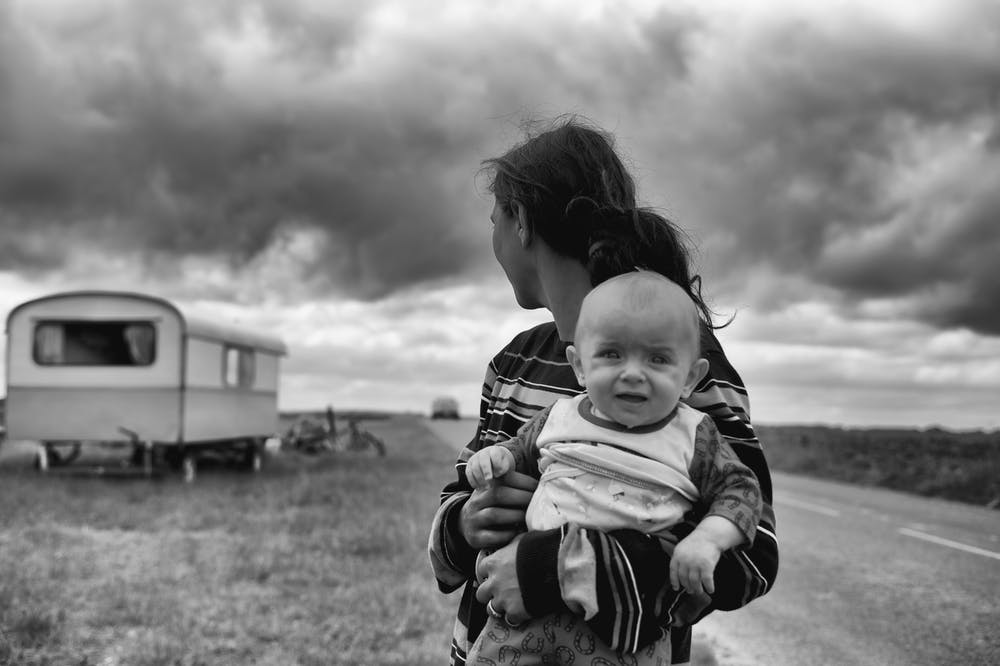Our sense of wellbeing has been in decline for years – here’s how to turn it around

People’s sense of wellbeing took a dive in the first year of the pandemic, according to new data published by the UK’s Office for National Statistics (ONS). As lockdowns took effect and people grew fearful about the future, their life satisfaction fell by an average of 4%, while their anxiety rose by 9%. People also became less happy and were more likely to feel that the things they were doing in life weren’t worthwhile.
Lockdown restrictions on social and leisure activity, social-distancing practices in shops and public spaces, and increases in working from home meant that for many people, increased isolation has been inevitable and serious.
These results were based on surveys of some 320,000 people across the UK and there were inevitable variations between different regions. For example, the West Midlands and north-west England saw the greatest increases in anxiety, while the biggest falls in life satisfaction were in Northern Ireland and Yorkshire and The Humber.
Wellbeing as measured by the ONS
But if these falls might be roughly what you would expect during an international pandemic, it is important to point out that people’s wellbeing had already been in decline for the past couple of years. Life satisfaction, happiness and the sense of things being worthwhile were all at their best in 2018-19 according to the ONS, while anxiety levels have been rising since 2014-15.
This is echoed by a recent report by Carnegie UK, which also drew on ONS statistics to create an in-house metric known as Gross Domestic Wellbeing or GDWe. Both the ONS data and also the Carnegie UK report reflect a growing recognition by national and international bodies that you can’t monitor people’s wellbeing by relying on Gross Domestic Product (GDP).
Based on ten different dimensions of wellbeing, this report estimated that GDWe had actually been falling in the four years leading up to the pandemic – all years when UK GDP was increasing. This decline in wellbeing was due to people in the UK seeing a fall in their mental health status due to loneliness and isolation, which perhaps echoes the new ONS findings around anxiety.
One other interesting observation from the Carnegie report was that the biggest declines in 2019-20 in England – ahead of the damage from the pandemic – were actually for “the economy” and “governance”.
The economy index seeks to represent macro-economic indicators such as income, public debt and inflation, while that for governance is based on voter turnout and trust in government. It is unsurprising that both indices fell during the period, given the consequences of Brexit.

Economic difficulties are one of the key drivers of a sense of wellbeing
Johann Walter Bantz, CC BY-SA
The early economic effects of the pandemic are presumably captured in the new ONS figures. But since the pandemic has caused a spike in public debt that will take years to reduce, plus a range of other problems such as rising prices and product shortages, we can probably expect economic concerns to keep dragging down the wellbeing data for years into the future.
Trust in government will probably have influenced the new ONS data too. It is likely to have followed the ups and downs of COVID and public reactions to the associated policy responses. In the first year of the pandemic, the government’s decision-making over the first and second lockdowns was certainly seen as too slow.
Mental health
The OECD (Organisation for Economic Co-operation and Development) has for a decade published an index of wellbeing and also includes wellbeing in much of its economic analysis. In its recent analysis of consequences of COVID and country responses, the OECD found people’s mental health worsening to an unprecedented extent. It attributed this to financial insecurity, unemployment and fear, alongside a reduction in the kind of activities that keep people’s mental health buoyant. These include social connections, access to physical exercise, health services and daily routine.
As a result, many countries have sought to scale up mental-health services while trying to protect people’s jobs and income during the pandemic – even if mental health programmes in schools and workplaces have been disrupted and the implications of long-term remote working are yet to be fully understood.
It hasn’t just been higher-income countries that have recognised such problems, as can be seen from the World Bank collaborating in this area with a range of countries in Africa and Asia. One of the themes emerging from all the major international organisations is the need for an integrated, economy-wide approach to mental-health protection – and the new ONS findings about rising anxiety provide an added justification for this.
The calls to build back and to level up are now familiar and demand concrete actions backed by new ways of thinking. Mental health and wellbeing deserves to be centre-stage, even if this calls for priorities at work and at home to be re-evaluated.
Paul Anand, Professor of Economics, The Open University.
This article is republished from The Conversation under a Creative Commons license. Read the original article.
Contact our news team
For all out of hours enquiries, please telephone +44 (0)7901 515891
Contact detailsNews & articles

Open Research Week to spotlight innovation in 2026
Open Research Week will return from 16–20 March 2026, uniting Open University researchers and partners to explore how open practices drive engagement, innovation and societal benefit.
